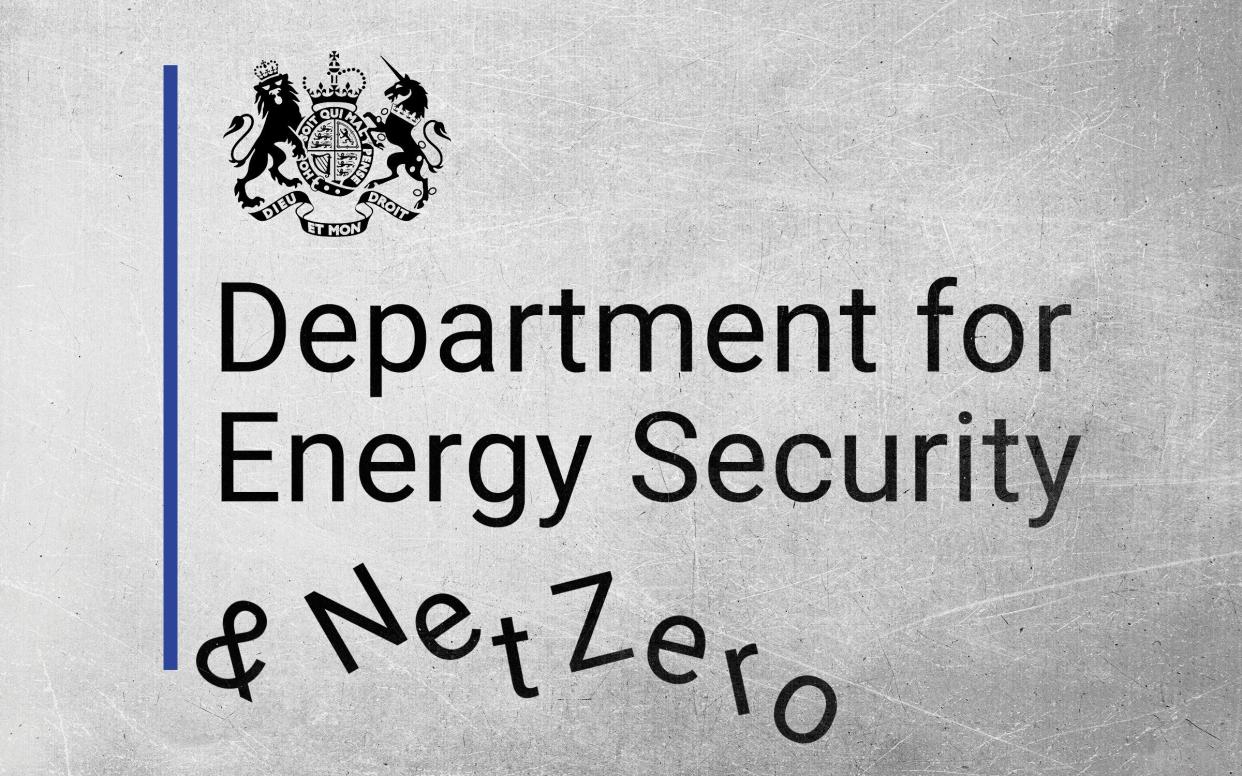Net zero policies have lost public support over past two years, poll reveals

Public support for a series of net zero policies has fallen over the last two years, polling has found.
Backing for measures such as frequent flyer levies, low-traffic neighbourhoods and subsidies for electric vehicles have all dropped, although people in the UK still support most policies for decarbonising the economy.
Ipsos polled 4,201 people in the UK aged 16 and over in April on their attitudes towards net zero. This was on behalf of the Centre for Climate Change and Social Transformations - an organisation bringing together the universities of Bath, Cardiff, East Anglia, Manchester and York and the charity Climate Outreach.
The poll found that support for eight different net zero policies has all fallen since 2022.
In 2022, 67 per cent of people supported frequent flyer levies, but this had dropped to 62 per cent in 2024.
Support for changing product pricing to reflect how environmentally friendly products are fell from 60 per cent to 56 per cent.
In 2022, “ensuring access to sustainable pension funds” was supported by 55 per cent of people, but this fell to 47 per cent this year.
“Increasing vegetarian/vegan options in public food provisioning” dropped from 54 per cent to 46 per cent, and support for creating LTNs fell from 50 per cent to 43 per cent.
Support for phasing out the sale of gas and coal boilers declined from 49 per cent to 45 per cent, and backing for higher taxes on red meat and dairy products dropped from 48 per cent to 42 per cent.
Finally, support for electric vehicle subsidies reduced from 45 per cent in 2022 to 39 per cent in 2024.
However, for all the policies more people continued to support them than opposed them, except electric vehicle subsidies, which in 2024 was opposed by 41 per cent of people.
While most people - 77 per cent - are worried by climate change, only 15 per cent are “extremely worried”.
Twenty-two per cent said they are “very worried” and 40 per cent “fairly worried”.
Eighteen per cent said they are “not very worried” and 4 per cent said they are “not at all worried”. The 77 per cent who said they are to some extent worried was 5 percentage points lower than when people were asked in October 2022.
Fifty-two per cent of people said they prefer political parties that take “strong action” against climate change, compared to 26 per cent who preferred parties wanting to “slow down” action.
Rachel Brisley, UK head of energy and environment at Ipsos, said: “The majority of people remain concerned about climate change, but our recent polling shows that the proportion who are very concerned has dropped significantly.
“Ipsos’ long-term trends show spikes related to extreme weather events, but also around political commitments to the environment. The reversal of climate commitments, by both the Conservative and Labour parties over the last year, may have contributed to this change in the public mood.
“Our extensive research into this issue shows that behaviour change will predominantly be driven by co-benefits. People are likely to support climate policies when it is evident that they can also help save them money, increase choice and improve local environments.”
In the general election race, the Conservatives have pledged to “cut the cost of net zero by taking a more pragmatic approach”, while Labour has promised to make Britain a “clean energy superpower”.
Claire Coutinho, the Energy Secretary, has claimed that Sir Keir Starmer’s plan to decarbonise electricity by 2030 - five years earlier than the Tories - would lead to blackouts and public unrest.


 Yahoo News
Yahoo News 
